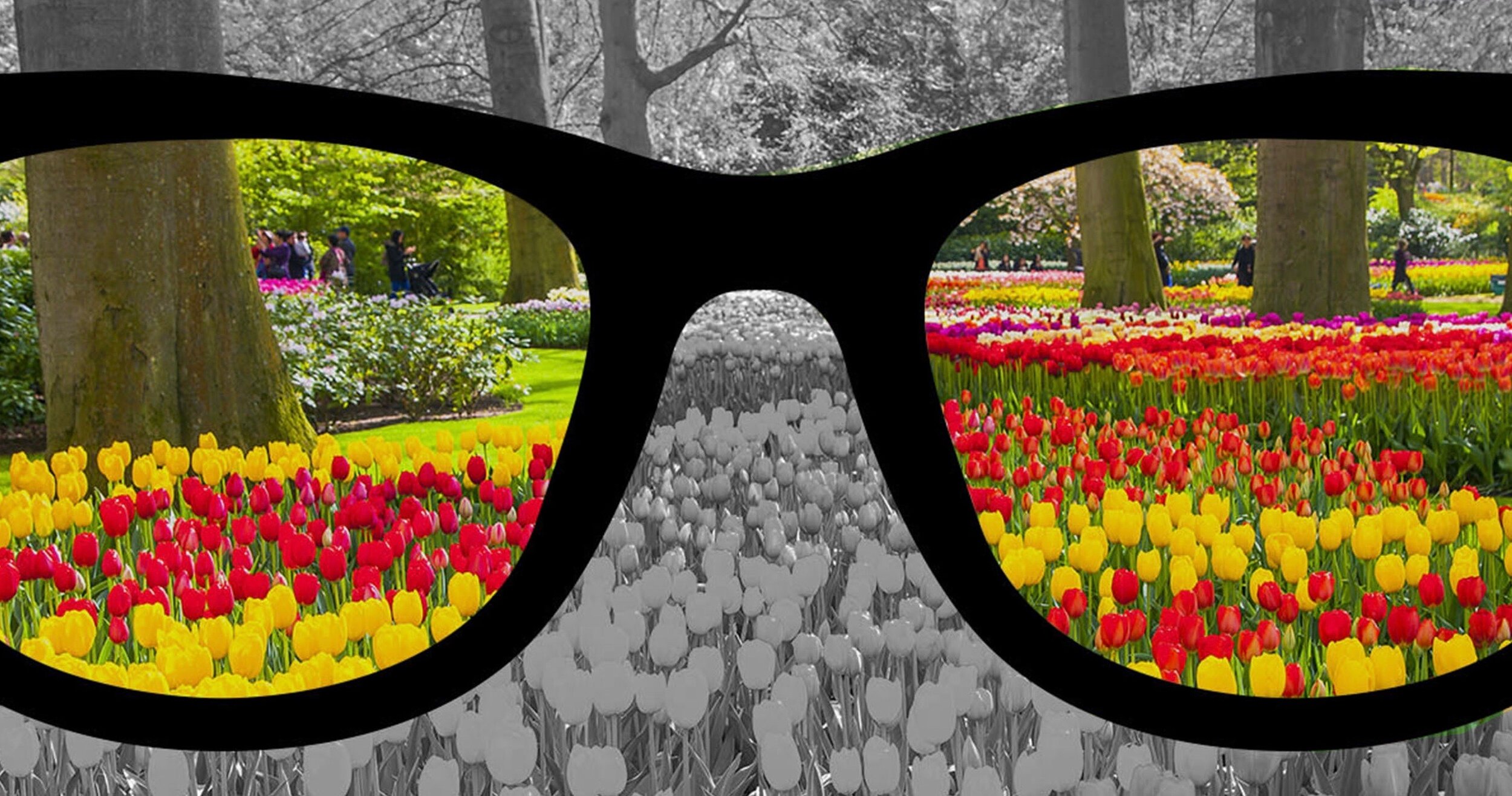Are You a Creative Magical Thinker? The Answer is Likely, Yes!

Are You a Creative Magical Thinker? The Answer is Likely, Yes!
Magical thinking, like creativity, is innately practiced by just about everyone. The prevalence of magical thinking can be observed through spirituality and religion. However, magical thinking does not stop there, as humans have a tendency to default to magical thinking. As children, magical thinking manifests itself through irrational beliefs, like believing in Santa Clause. While most adults no longer believe in Santa Clause, magical thinking still happens to play an essential role in their lives. In adults, magical thinking can be observed chiefly through superstitious beliefs. If you've ever had a favorite pen to work with, a lucky pair of socks, or believe in jinxes, then consider yourself a magical thinker.
In essence, magical thinking is a thought process that is not rooted in logic or science but rather in intuition and superstition. Although people are never directly taught to be magical thinkers, we often default to magical thinking to process the outer-world and find meaning. Historically, the survival of humans often depended on their ability to recognize patterns. Over time, our pattern recognition skills have over-evolved to discover patterns even when no direct relationship exists. The human brain enjoys being in control, and magical thinking is one of the few ways to maintain the illusion of being in control. Often, humans are pushed to make sense of the world through magical thinking because of emotional stress and significant world events. During times of crisis, when we cannot make sense of our circumstances, magical thinking is one way we can successfully cope.
A practical business application of magical thinking can be directly observed through the way entrepreneurs handle their business endeavors. Business ventures are often wildly unpredictable and inherently risky. However, many entrepreneurs can utilize their magical thinking to find a sense of comfort even in the face of uncertainty and risk. This phenomenon can be directly observed through a 2019 study that interviewed 40 entrepreneurs only to find that these entrepreneurs tended to be religious and believe in an 'invisible force' that helps to shape the world. The study concluded that the tendency for entrepreneurs to be magical thinkers is best explained by the idea that magical thinking can help these individuals maneuver an unstable professional world and take the necessary risks associated with their ventures. By maintaining a mindset that is prone to magical thinking, entrepreneurs can make sense of their world while simultaneously viewing challenges or setbacks as part of a larger plan. In short, magical thinking helps entrepreneurs endure and often overcome risk, uncertainty, and the unexpected.
Check Out Our Best Selling Journals
The Original Creative Thinking Guided Journal
The All-Ages Creative Thinking Guided Journal
While today, society may favor thoughts rooted in logic or science, magical thinking is still a relevant thought process that continues to be utilized in modern times. Magical thinking has been shown to enhance the cognitive functions relating to awareness, perception, and memory. However, the benefits of magical thinking do not end there. Magical thinking is one of the few ways our brain can blur the lines between logic and imagination. For this reason, magical thinking can serve as a practical mindset that helps to fuel non-linear forms of thinking like divergent thinking and creativity. In the same way, magical thinking helps our brains discover patterns that aren't really there, magical thinking can help to fuel the discovery of connections between unrelated ideas or topics. Subbotsky's research on magical thinking established that this irrational thought-process can help enhance our brain's natural ability to think creatively.
However, being that magical thinking can help enhance creative thinking, it is essential to understand how magical thinking can bring these necessary benefits to one's life. The use of magical thinking helps individuals develop self-fulfilling prophecies. The socio-psychological phenomena known as self-fulling prophecies can be best described as a pre-established belief that can influence a person's behavior to become a reality. Therefore, magical thinking can lead to the belief that our mind can control certain aspects of our lives and help give individuals a sense of proactiveness and reduce anxiety about the future.
Therefore, as long as individuals can believe in themselves, their overall creative performance will be enhanced without a doubt. Because magical thinking tends to also result in a positive attitude, magical thinkers often find that their thoughts and mindset can effectively improve their well-being, work ethic, and creative output. The benefits of magical thinking do not only extend to enhancing one's quality of life, but rather magical thinking can also have a positive impact on creativity. For creative thinkers who find it especially difficult to brainstorm helpful ideas, utilizing magical thinking expands the boundaries of one's mind. It allows for ideas to seep through that individuals may have commonly ignored or looked down upon. These ideas can later be improved upon using a more critical mindset down the line.
Applying magical thinking to one's creative thinking toolbox allows more and more people to believe themselves in being more inherently creative. Research has long revealed that simply believing that you are creative can actually result in higher creative output levels. The net-net is that if you have confidence in your own creative thinking, it will likely result in more expansive creative thinking.
Nurturing your inner magical thinker can have a distinctly positive impact on all aspects of one's life. Because magical thinking is often a result of finding patterns where they do not exist, applying magical thinking to one's creativity can be a helpful and natural way of building upon one's innate creative thinking ability. If you are looking to improve your creative thinking skills and overall creative output through magical thinking, consider devising patterns and beliefs that support you as a natural creative force. If you have a set of lucky paintbrushes, always paint with them. If you have a pencil that you feel helps you write more freely, always write with it. If you feel a walking route always gives you the best ideas when brainstorming, walk that path. Whatever patterns you decide to develop will likely lead to higher creativity levels as magical thinking, and self-fulling prophecies might suggest. Overall, magical thinking provides the kind of open mindset needed to be creative and act upon one's creativity.






